This website uses cookies so that we can provide you with the best user experience possible. Cookie information is stored in your browser and performs functions such as recognising you when you return to our website and helping our team to understand which sections of the website you find most interesting and useful.
By: Christopher Boyce
I’d been writing about wellbeing for years. In fact, I’d published loads on the subject; an ‘expert’ you might say. Yet, the really curious thing was that when I thought about my own life, how I spent my time (mostly working), whether I had neighbours I could rely upon (eerily quiet stairwells), my health (OK, but I needed much more fresh air), I didn’t feel very content with how things had turned out. Sure, I did well at “the job”, achieved a lot and got paid more than enough. But those things don’t really matter all that much – much as my own research into understanding the links between money and happiness kept telling me.
When it came to wellbeing, I knew a lot and I could talk a good talk, but behind all of that, I wasn’t living the way I needed to feel fulfilled. In a society that cares more for profit than people, that is a difficult thing for any of us to do.
My decision to quit my comfortable but not very happy life, and head out into the world on my bicycle, wasn’t an easy one. Sadly, making choices that fulfil us on a deeper level is rarely made easy. I was hoping that my bicycle would take me to places where they were finding other ways to live, that didn’t involve growing the economy ever larger. This was a journey that from top to tail, was centred around wellbeing – how I travelled, where I went, and who I encountered. Eventually, I was hoping that the end point of my journey would be when my bicycle and I would reach Bhutan, the country famous for its use of happiness to guide its national policy.
In the end, I cycled a good way up most of the Americas (from Argentina to Canada), before journeying to Bhutan via South East Asia – 25 countries and 20,000 km of pedalling.
A huge chunk of my journey was spent in Latin America. Nearly 10 months – far longer than I had anticipated, yet the places I passed through there, were so inspiring and inviting.
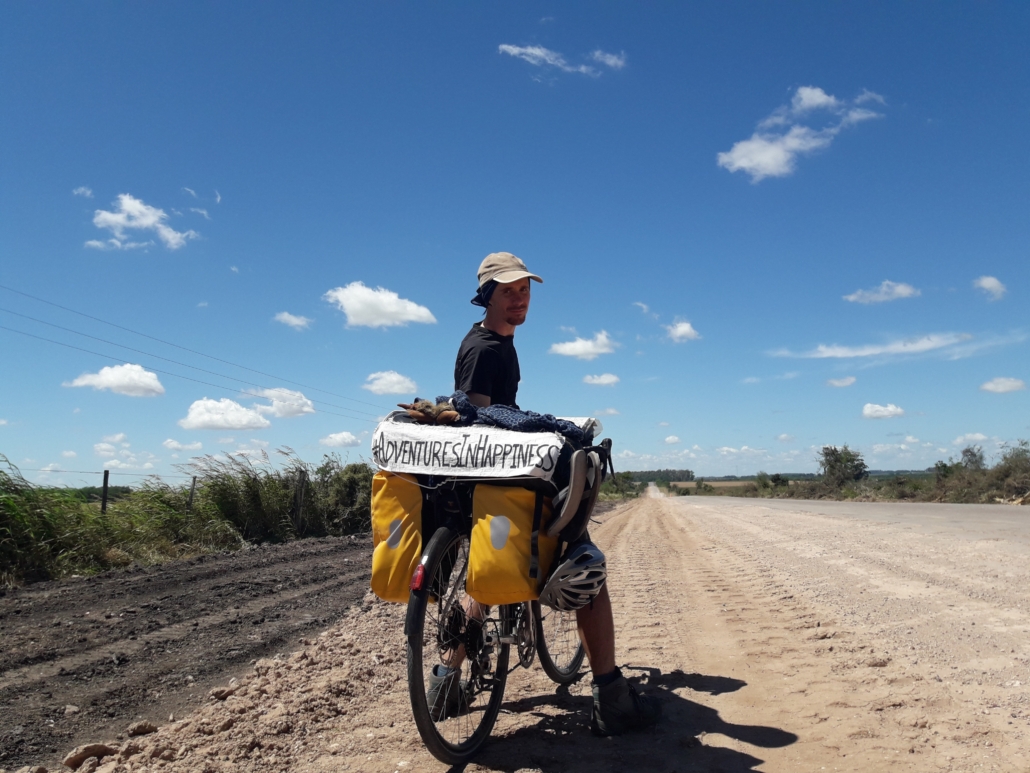
In terms of how much people laugh and smile throughout the day, it is in Latin American countries where this is the highest in the world. The wellbeing they have is relational – that is, their wellbeing is grounded in relationships and the community – rather than in continuous, and often endless, achievement. Their wealth resides in their connections with one another and on countless occasions I was extended the most touching hospitality. It is an innate human need to give, and Latin Americans certainly haven’t lost the art of doing that. In the materialistic profit-orientated mainstream economy, there is such an extreme focus on getting and taking, often at the expense of others, that our wellbeing inevitably suffers.
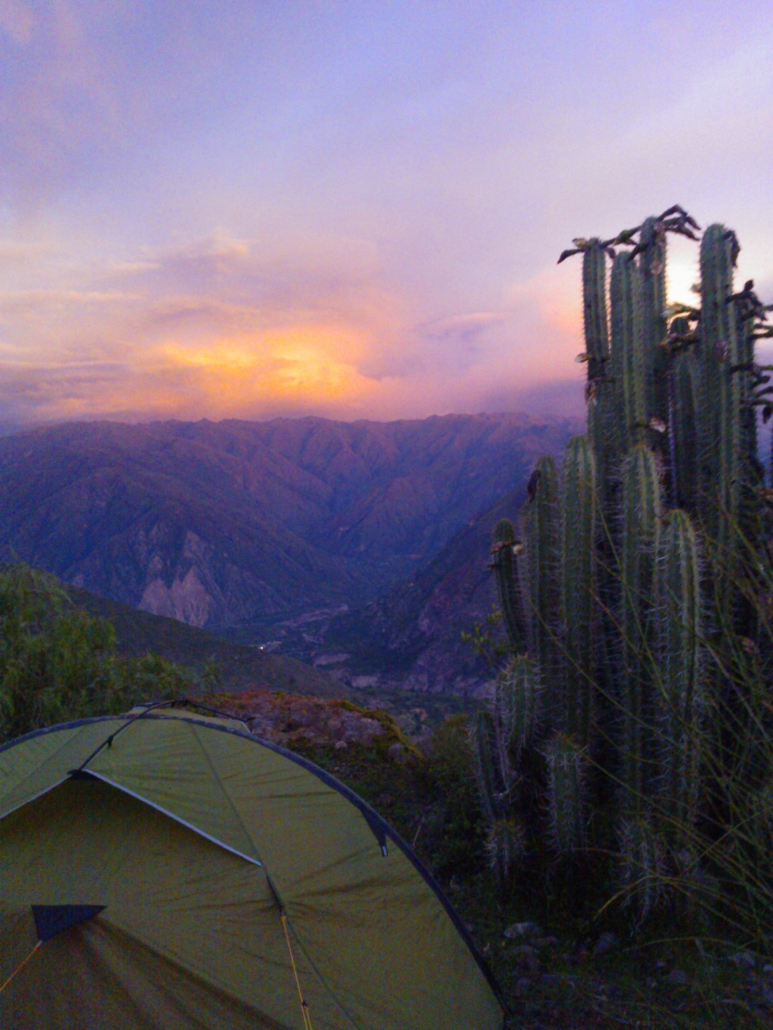
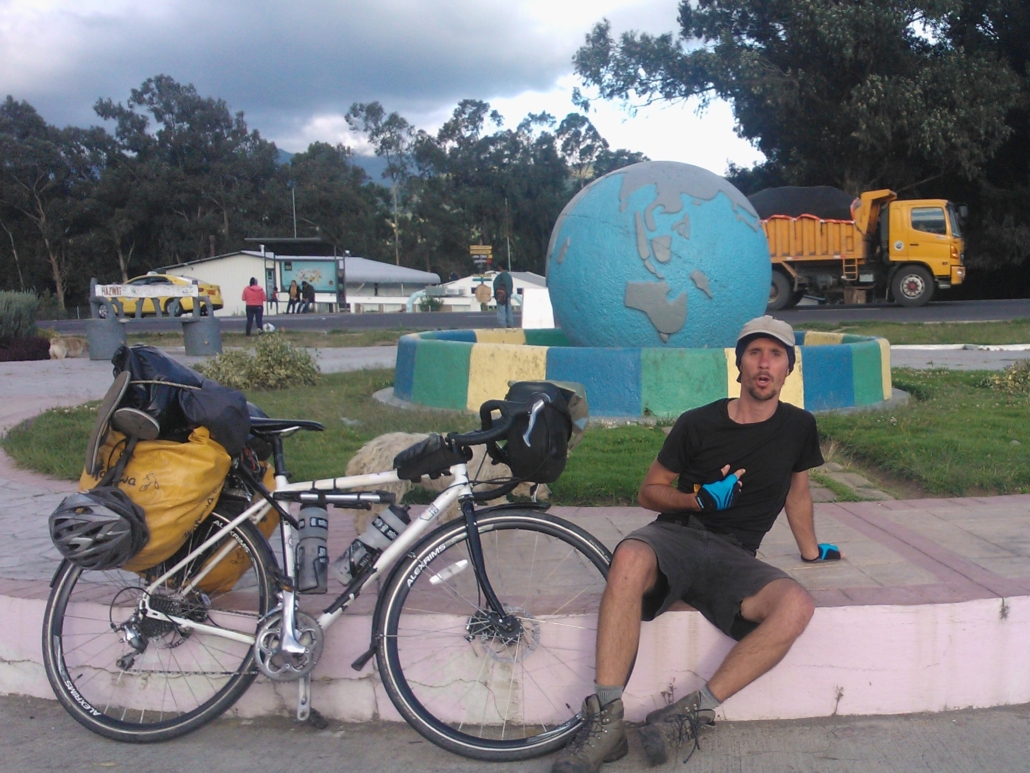
The country that stands out the most in Latin America from a wellbeing perspective, is Costa Rica. Having heard so much about Costa Rica over the years, it was a joy to be there on my bicycle. It is uncanny that Costa Rica outperforms the United States on life expectancy (81.0 versus 79.1 years), democracy (a full democracy versus a flawed democracy), and population life evaluation (7.1 out of 10 versus 6.9). This is all despite having an average income more than three times smaller than in the United States.
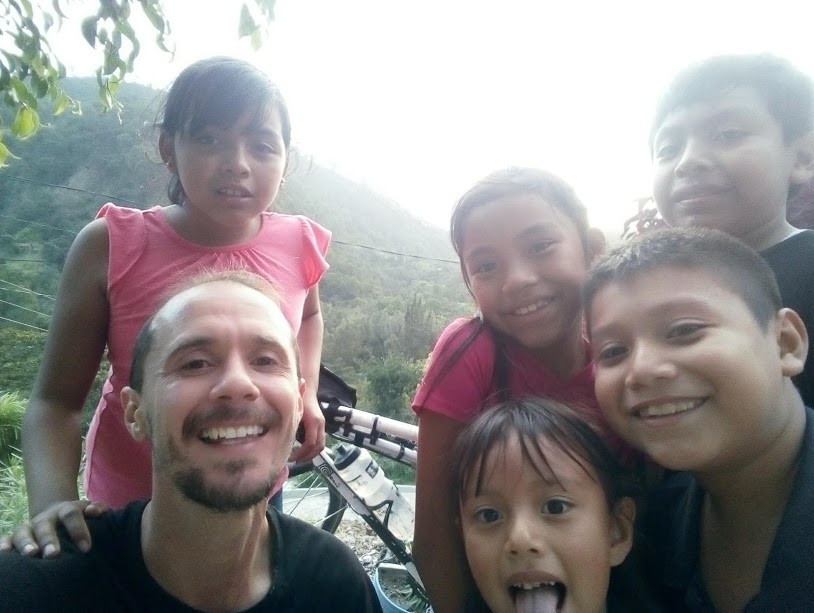
During my time there, I met with Costa Rican government officials. They told me that their way of life has come about because Costa Rica made crucial policy decisions – high investment in health and education in the 50s/60s, as well as environmental protections in the 80s. What I loved about Costa Rica is that there is a national pride in living a simple, yet happy, relational lifestyle – they refer to it as the “pura vida”. I remember with fondness camping for days on end, watching the waves crash on beaches, and getting a taste of that “pura vida” for myself – no rushing, just being.
Another stand out country on my journey was Canada. Their national index of wellbeing is pushing the frontiers of going beyond measures of GDP – as the director of the index explained to me, when I met up with him. Not only was their index developed with citizen consultation, but it also has direct links to policy and is useful at the local and regional level.
I was surprised I got as far as Canada. It wasn’t an easy journey and had been deeply challenging in places – from a dog bite in South America early in the journey, to crushing loneliness in North America – and in all honesty, by the time I reached Canada, I was ready to give up on Bhutan and come home.
As much as the journey was centred around arriving in that curious country, I’d long figured out that my own happiness wasn’t dependent upon me arriving there.
My personal process on this journey led to me letting go of achievement and being more present and compassionate in my approach to life, much like how the most inspiring people I met on my journey lived. They tended to be the happiest people I met too.
It was in Canada that lots of people I didn’t know started becoming interested in this journey of mine. It seemed that because I’d gotten this far, others thought I could genuinely make it to Bhutan. I got a new lease of life and I journeyed on through to Asia. It was in India where I was my happiest by far.
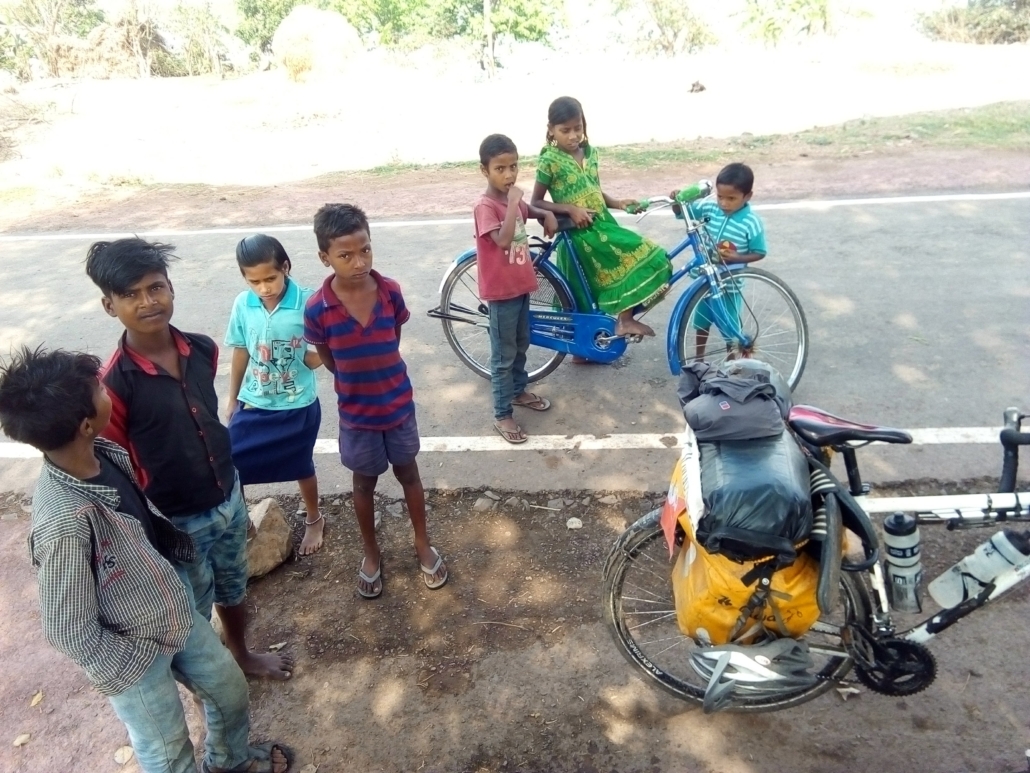
Not only was I, after 18 months of cycling, excitably close to Bhutan, but I was well looked after by the countless people I met there. And I still can’t forget the happiness I felt two weeks earlier, when I was in neighbouring Sikkim, looking at mountains that might well have been Bhutanese mountains.
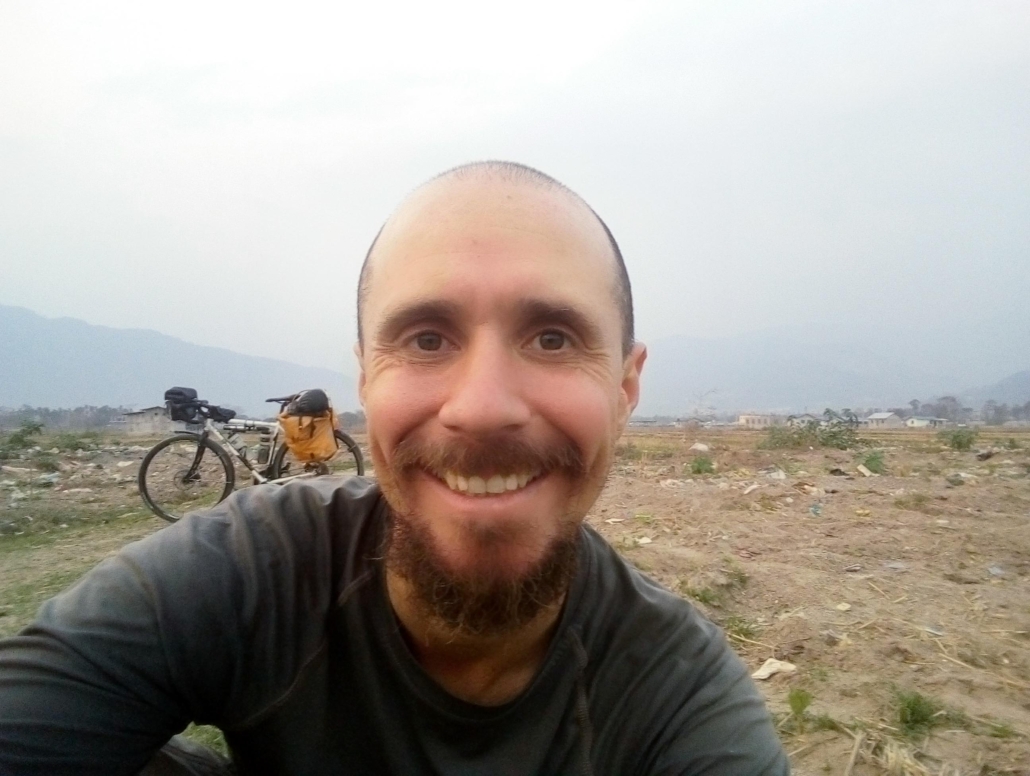
In Bhutan, it is dekyid that policymakers are trying to preserve and protect. Dekyid translates to happiness in English, but it means much more than that. It actually is more akin to peace and tranquillity. And in Bhutan, they aren’t ready to sacrifice it for the sake of a bigger economy. Though it has to be said that as a subsistence economy, there would perhaps be some benefits to economic growth there.
Yet, Bhutan is growing its economy in a way that is aligned with their own unique values. Such development takes time, but it is necessary.
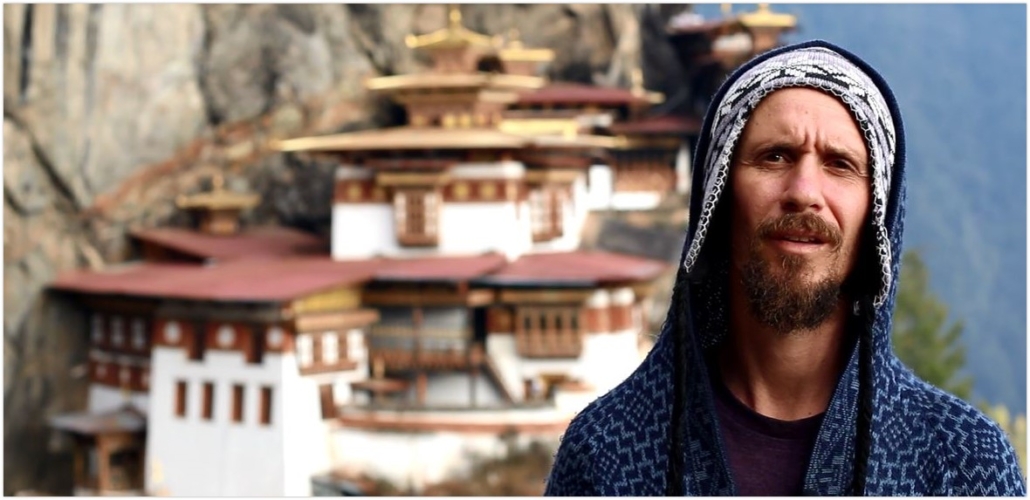
There is a lot to learn from countries like Costa Rica, Canada, and Bhutan. They’re not perfect, no country is. But, the stand out features are that they are cultivating ways of life that haven’t been prescribed by the globalisation agenda. By the time I arrived in Bhutan, I had so much I wanted to incorporate into my life when I returned home. I couldn’t wait to get more involved in wellbeing conversations. In fact, when I set out for Bhutan, the Wellbeing Economy Alliance didn’t exist. But I’d watched as it gathered steam whilst I was away, and I couldn’t wait to come back and be a part of it.
Even though I quit a respectable job to take what was quite an absurd journey, people seem to value what I have to say a little more than before. It is one thing to research wellbeing, but quite another to live and breathe it.
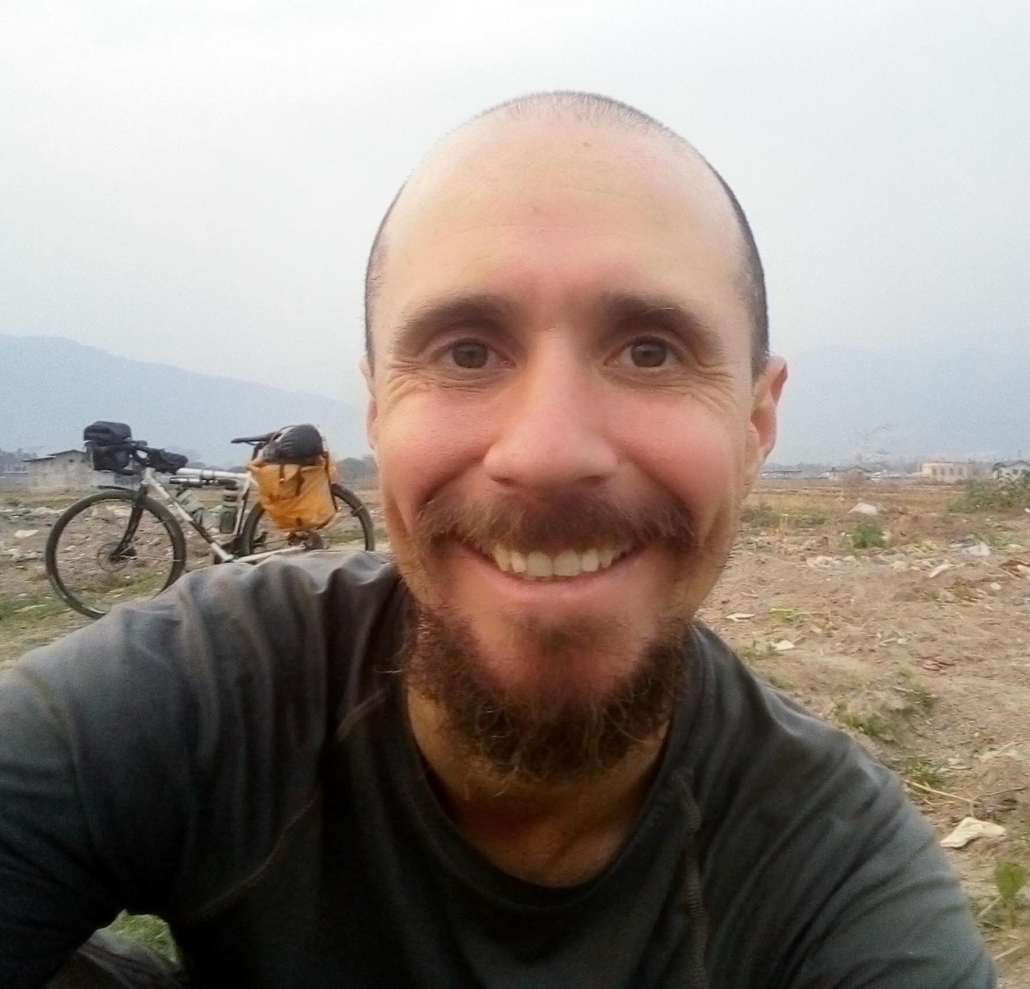
Christopher Boyce is an Honorary Research Fellow at the Stirling Management School, University of Stirling and a member of the World Wellbeing Panel. His research has explored how the economy contributes to individual and national happiness and wellbeing. Three years ago, he left academia to go on his cycling pilgrimage to Bhutan and is currently writing a book based on that journey, tentatively titled, ‘A Journey for Happiness’.
You can listen to Christopher speaking about his journey on BBC’s Fixing the World podcast: A Happier Planet.
Connect with Christopher on Twitter: @drhappyboyce; his website and sign up for book updates here.
Wellbeing Economy Correspondents is a series highlighting the firsthand experiences of individuals who have witnessed Wellbeing Economy principles, practices and policies being implemented in all different contexts around the world. Our correspondents support WEAll’s mission to establish that a Wellbeing Economy is not only a desirable goal, but also an entirely viable one.
the discussion?
Let us know what
you would like
to write about!

